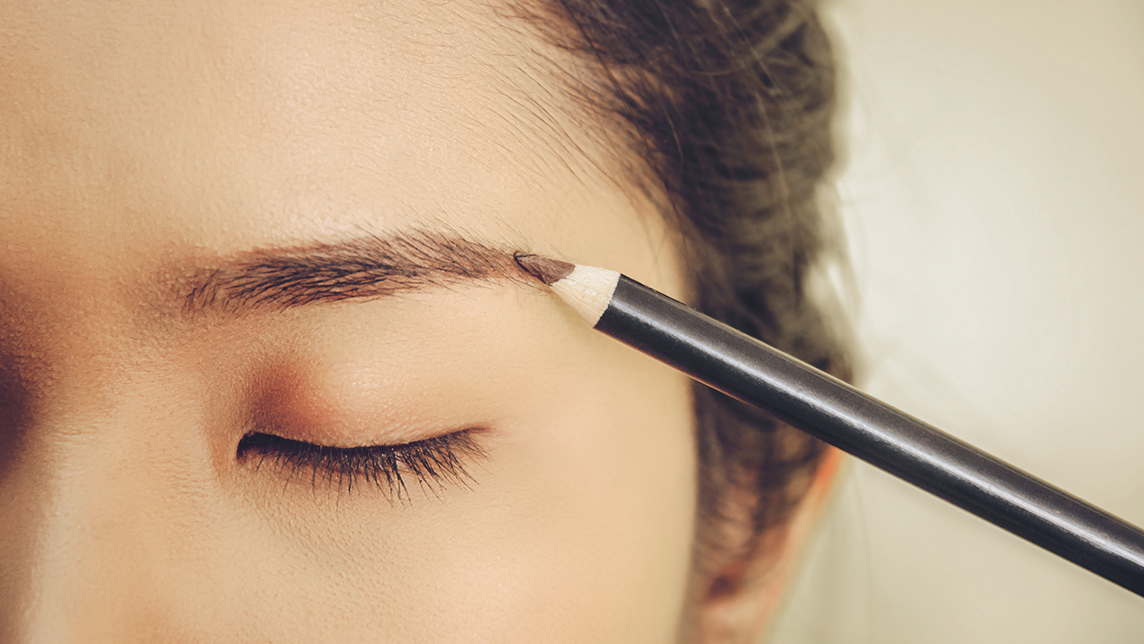Years ago when Han Hui was working at the online cosmetics retailer Lefeng.com, she travelled often to South Korea, home to many cosmetics of niche brands. While there, Han enjoyed watching a shopping TV channel and was impressed by the way cosmetics were advertised. While the presenter was showing viewers how to apply makeup step by step, advertisements for the items being used would appear at a corner of the TV screen. However, at that time, Chinese cosmetics retailers still preferred advertisements focusing mainly on their products.
In late 2015, noticing the growing popularity of short video and live streaming among young people, Han got the idea to use short videos and internet celebrities to sell cosmetics and, in March 2016, launched Huajuan Mall, an e-marketplace that hosts short and live videos through which online influencers recommend items, mainly cosmetics, to users.
According to a report by Alibaba's research arm Aliresearch, compared with their peers in big cities, female consumers in smaller Chinese cities are more active in online shopping and spend a higher proportion of their monthly income on shoes, clothing, make-up and skin-care products.
"Traditional marketing such as product advertisement on media is gradually losing attraction for young people who prefer recommendations from KOLs (key opinion leaders) on social media platforms such as Weibo and WeChat," said Liu Bo, an executive director at Crystal Stream Capital, which participated in Huajuan Mall’s Series B funding in September 2017.
New growth markets
A major target group of Huajuan Mall is females aged 25–35 in third- and fourth-tier cities. This consumer group accounts for 90% of its user base.
"These consumers are strong buyers. They are well-off and want to consume fancier goods,"said founder and CEO Han. They are generally less savvy on cosmetics than consumers in big cities such as Beijing and Shanghai. Recommendations from shop clerks of physical stores can easily influence their purchasing decisions.
About 70% of Huajuan Mall's users didn’t buy cosmetics online before getting to know us. After that, 80% of their cosmetics are bought from Huajuan Mall, Han added.
Huajuan Mall's conversion rate of over 70% and monthly turnover of RMB 30m can also be attributed to the influence of internet celebrities on its online marketplace videos.
Not A-list influencers
Celebrities can have a huge influence over online sales. For example, Kylie Jenner, who has over 100m followers on Instagram and sold US$420m worth of cosmetics of her own brand in just 18 months.
However, Huajuan Mall does not target such A-list influencers with millions of followers. Instead, to lower costs and have a bigger say in the partnership, Huajuan Mall targets celebrities with a small fan base of tens of thousands of followers or even less.
"We don't go for A-listers, because our core competitiveness is acquiring customers through short videos featuring attractive and persuasive content. The size of fan base doesn't matter that much," said Huajuan's co-founder Bao Jie.
Huajuan Mall provides its contracted celebrity influencers with regular training and media exposure. Last year, it released a short video on how to apply the peach blossom make-up featured in Eternal Love, a hit web series among young people, to stimulate purchases. It also assigns certain types of cosmetics to certain celebrity influencers based on their personal styles.
The influence of Huajuan Mall's contracted online celebrities is also backed by strong quality control of products. Before these influencers recommend products, the startup undertakes several quality assurance procedures, such as, supplier qualification evaluation, factory field assessment and trial use by Huajuan Mall employees and influencers for least two weeks before the show.
Targets profitable niches
Han prefers home-made and niche products to differentiate Huajuan Mall from its rivals, most of which focus on foreign brands. During last year's Double 11 Shopping Festival, a 24-hour online shopping spree held on November 11 every year, Alibaba's B2C marketplace Tmall sold RMB 15.16bn of beauty products, 71.2% of which were of foreign brands.
Currently, about 40% of Huajuan Mall's sales are domestic products and the percentage is expected to increase. "There are many domestic brands that offer quality cosmetics but are barely known to consumers. What we do is expose them to our users through our online celebrities," said Han.
So, it's not surprising that 92% of Huajuan Mall's offerings are not sold by other cosmetics e-retailers, including Xiaohongshu (RED), VIPS and Jumei.com. Huajuan has successfully turned quite a few niche items into big hits among its users.
"It's hard for us to contend against those e-commerce giants such as JD.com and Alibaba. But we can grab our users by meeting their specific needs and knowing more about the items they buy," said Han.














